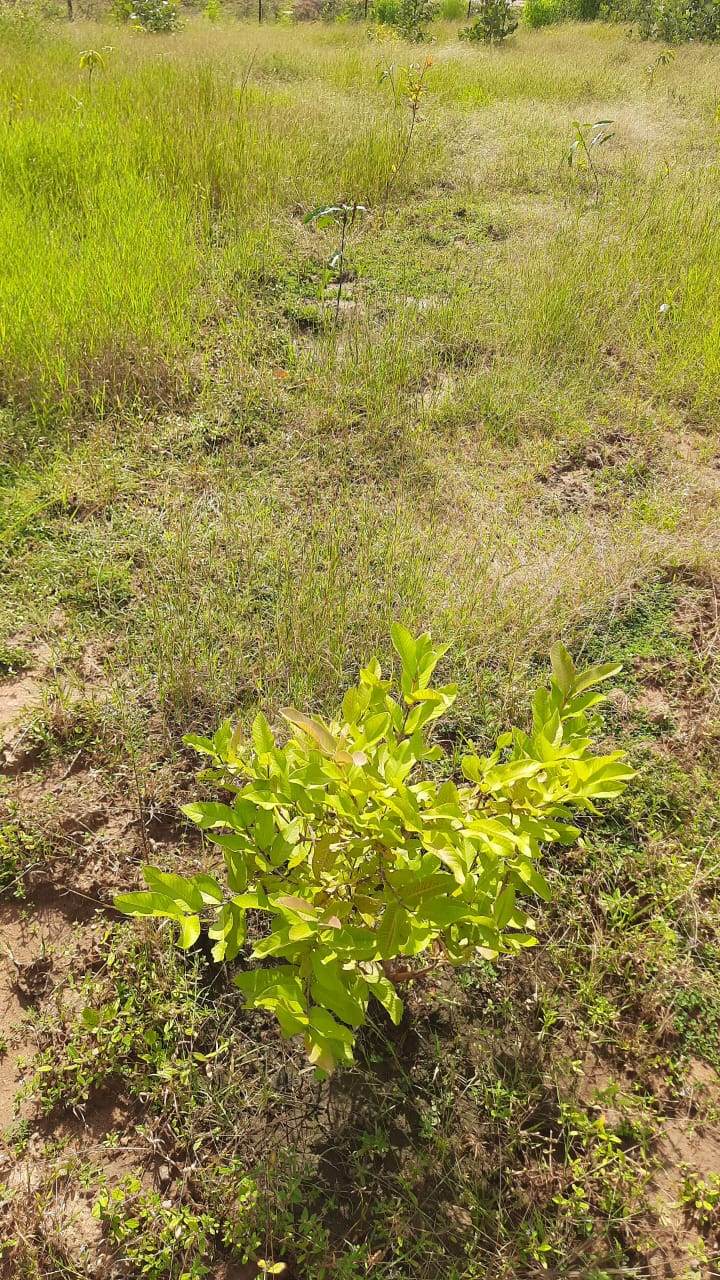
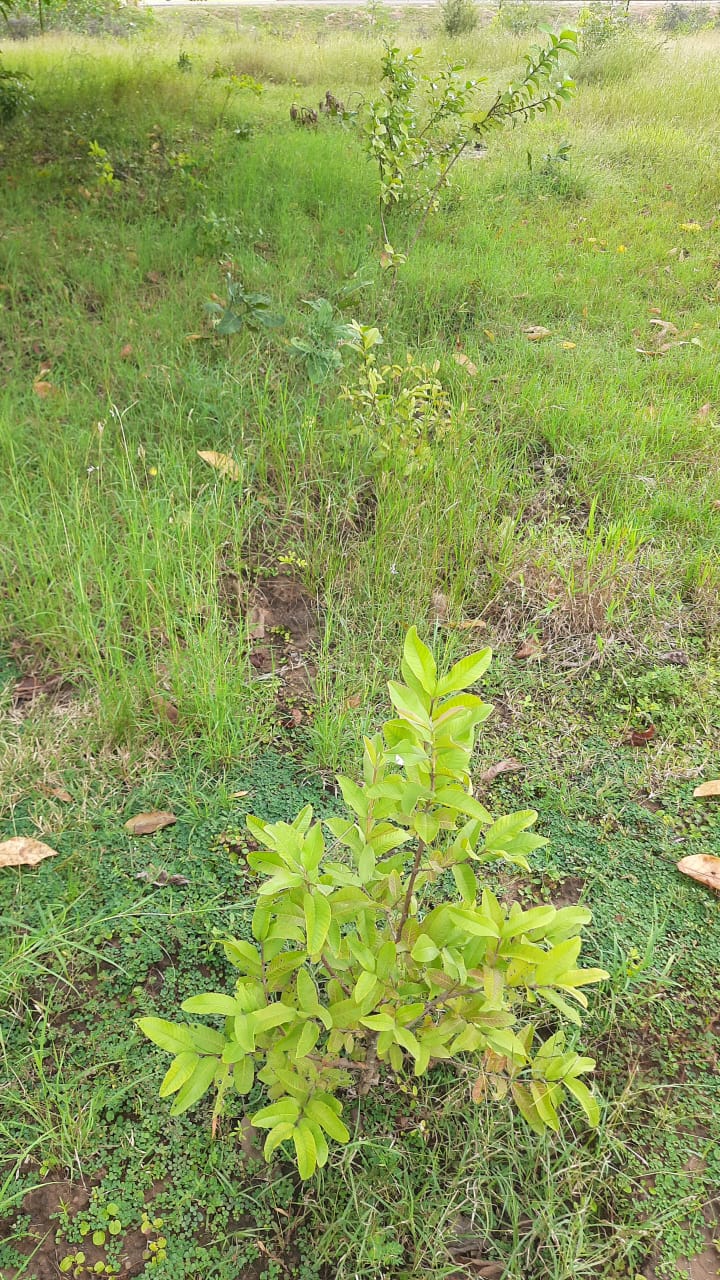
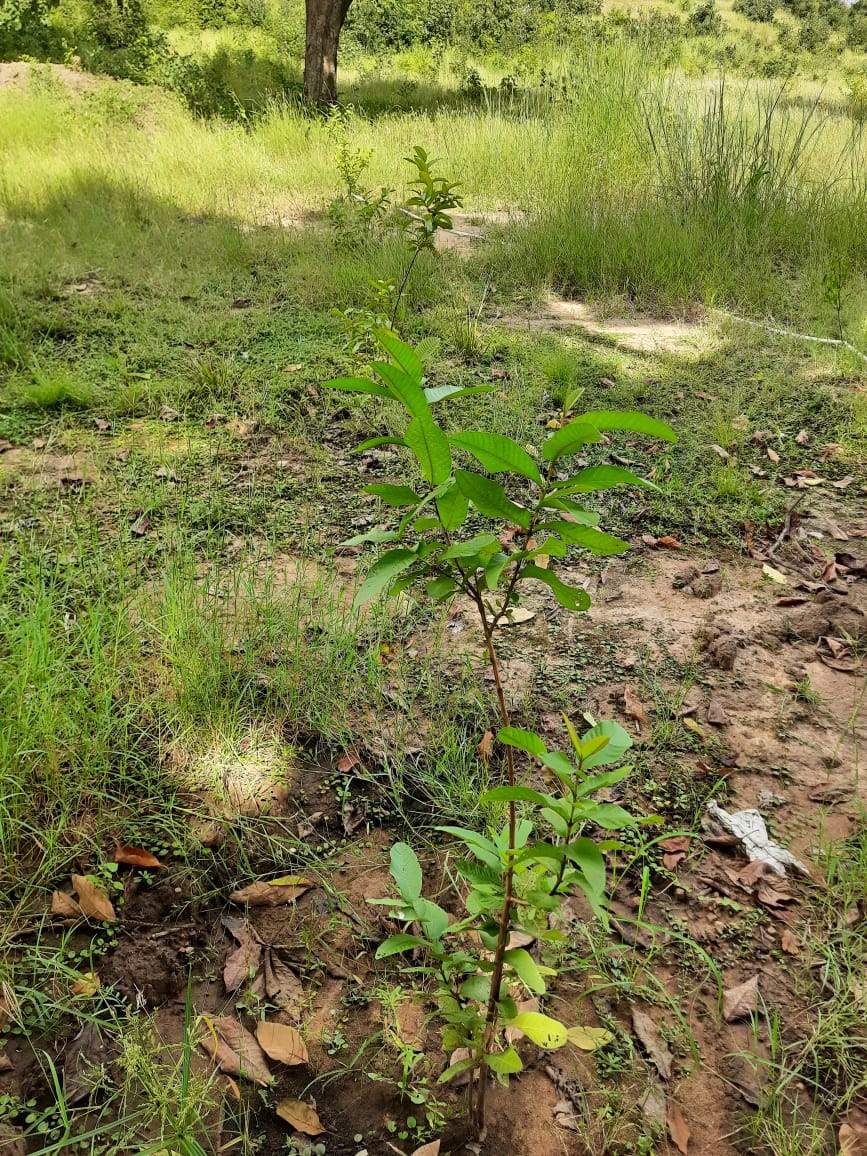

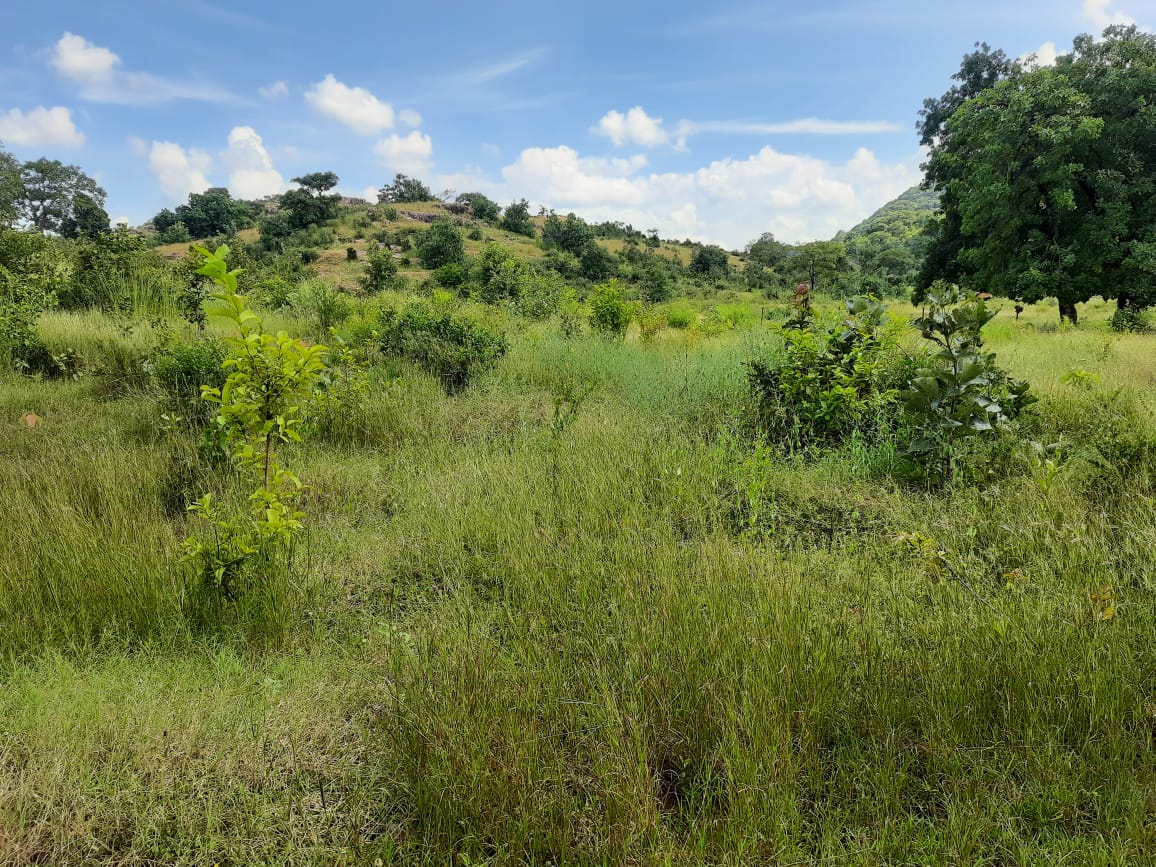
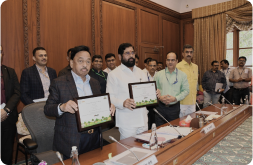
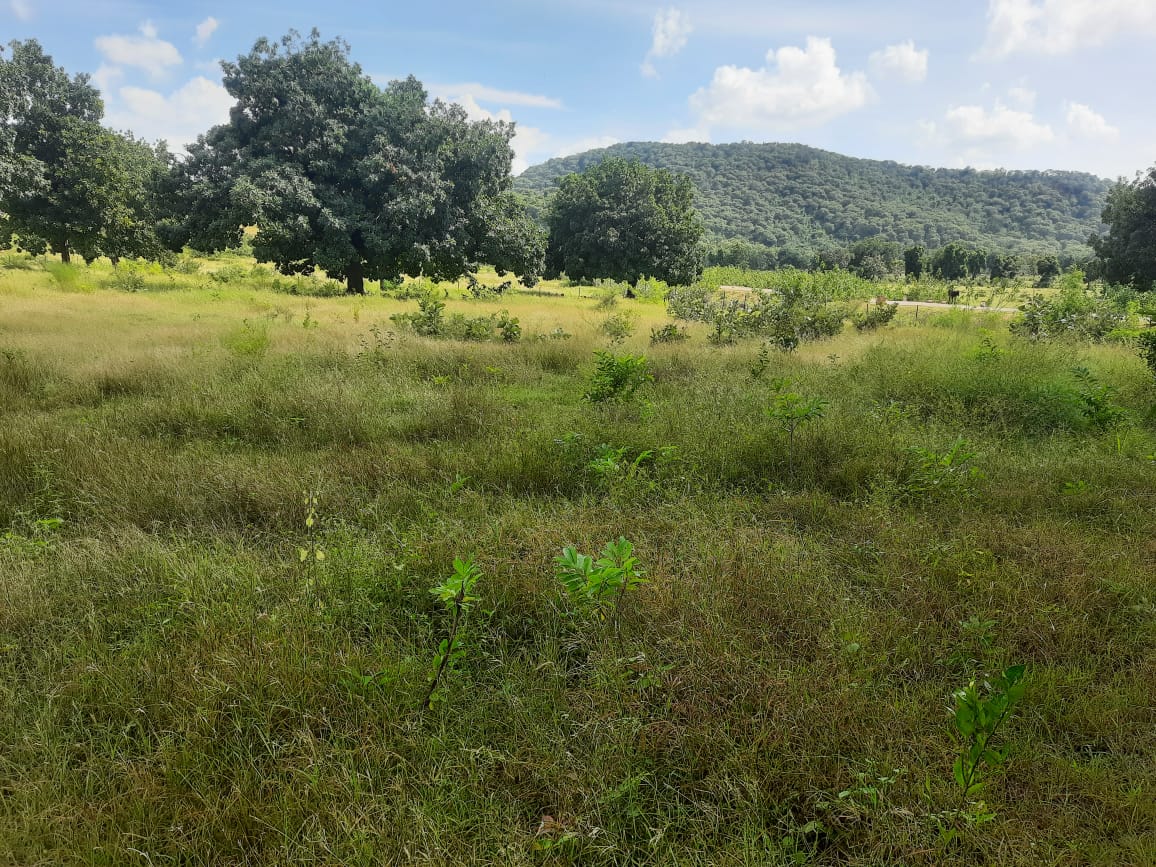
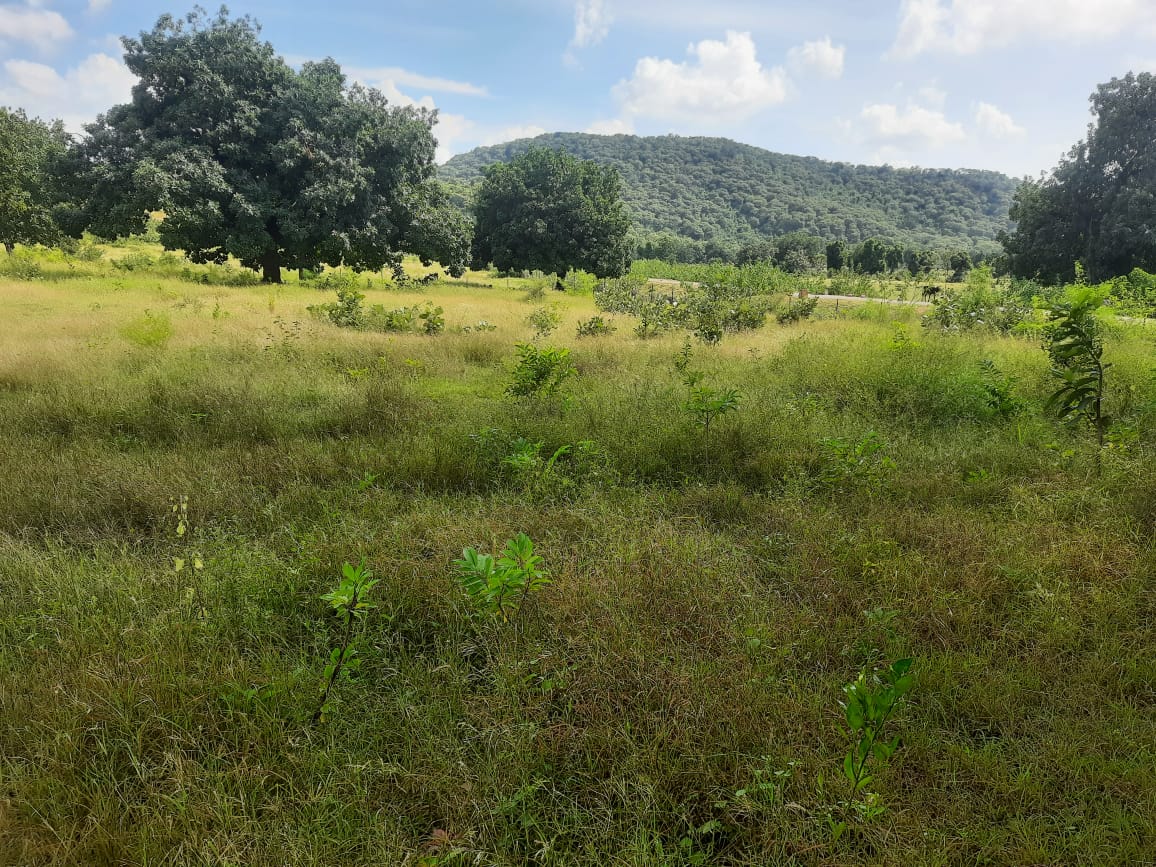
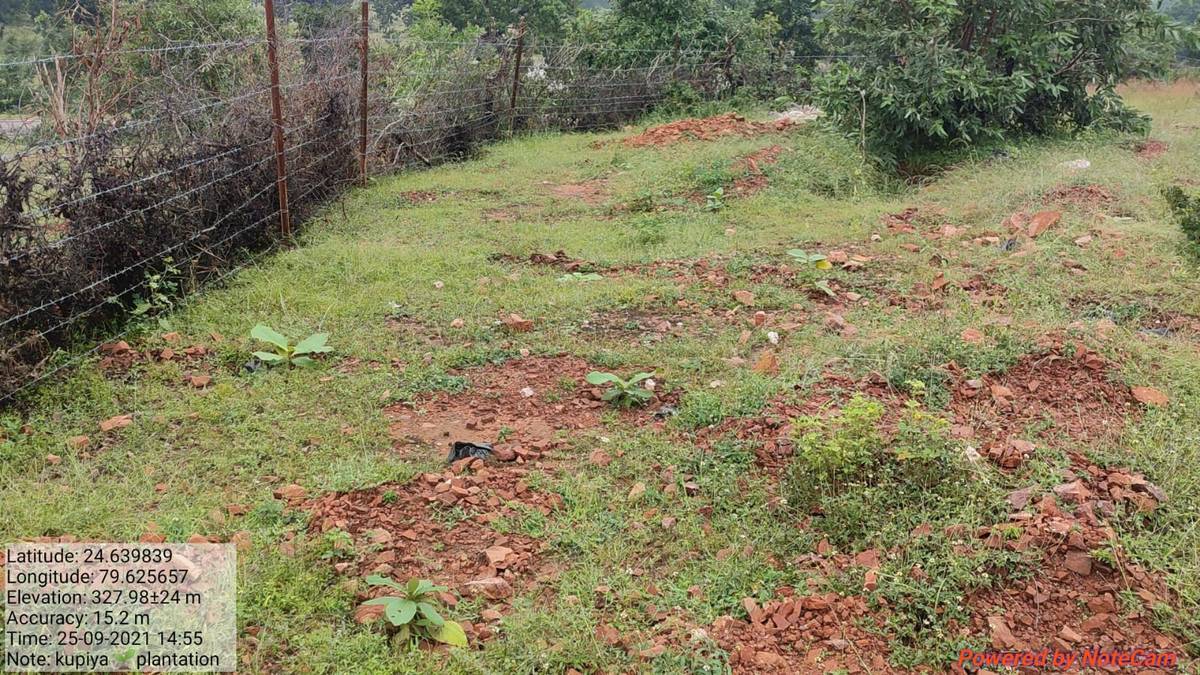

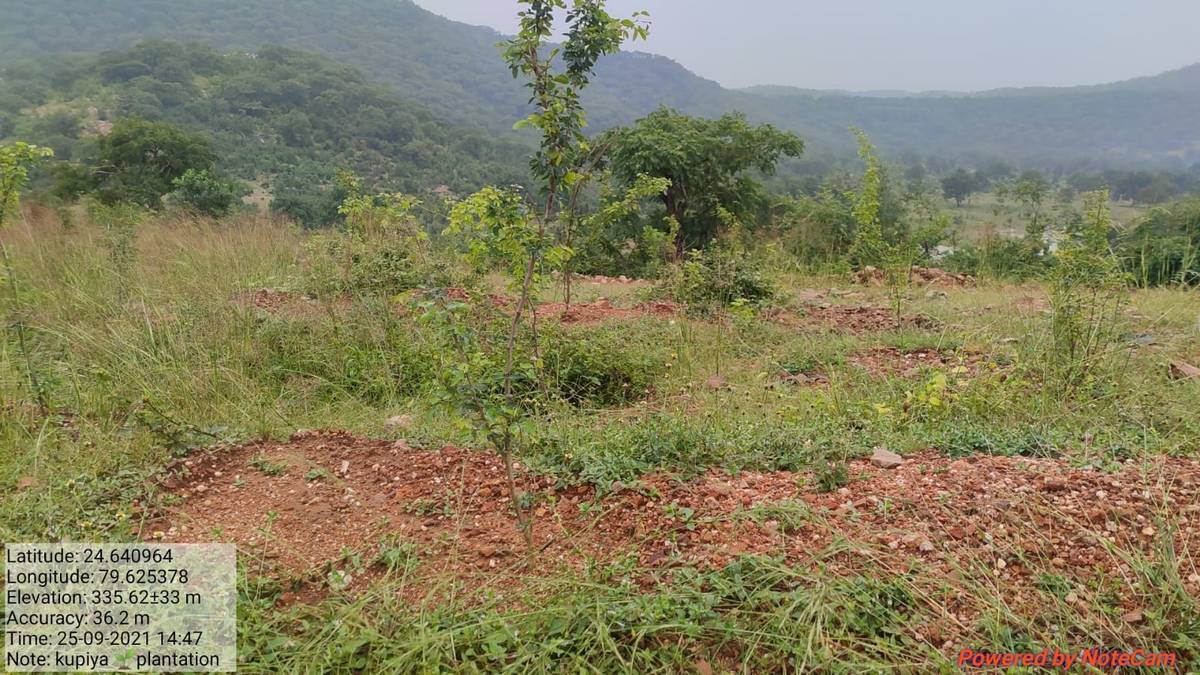
Project Target
0% Remaining
50,000
Trees Planted out of 50,000 Trees

Project Location:
50,000 trees to be planted in the periphery of Panna Tiger Reserve on Kupiya community land, located in the Chhatarpur district of Madhya Pradesh, India.
Project Aim
SDG
Panna Tiger Reserve is a critical tiger habitat. This land is characterized by extensive plateaus and gorges. It is a land of mesmerizing waterfalls, natural archaeological splendors, legends & cultural richness. It is also the land of the Ken River, which lends it unparalleled beauty. It is the only large chunk of wildlife habitat remaining in North Madhya Pradesh amid the otherwise deciduous fragmented forest landscape of the region. In order to reduce man-animal conflict and avoid human exploitation of the buffer zone areas of the National Park, afforestation in the periphery areas is critical. Regenerating these areas and making the land more productive will eventually alleviate poverty and strengthen rural livelihoods. Panna National Park was also declared as one of the Tiger reserves of India in 1994/95 and placed under the protection of Project Tiger. The decline in tiger population in Panna has been a national concern over several years and has often made news. Two female tigers were relocated there from Bandhavgarh National Park and Kanha National Park in March 2009. Currently, four tigers and around 10 cubs of up to 2 years are settled in Panna Tiger Reserve and their progress is being regularly monitored by the Forest Department.
It is home to animals like leopard, wild dog, wolf, hyaena, and smaller cats. Even the IUCN Red Listed "Vulnerable" Sloth bear finds his favorite home in its rock escarpments and undisturbed vales. The wooded areas are dotted with Sambar - the largest Indian deer, Chital, and Chow Singha. The avifauna comprises more than 200 species, including a host of migratory birds. One can see White necked stork, Barheaded goose, Honey Buuzzard, Blossom headed Parakeet, Paradise flycatcher, Slaty headed Scimitar babbler including 5 species of Vultures
In order to reduce man-animal conflict and avoid human exploitation of the buffer zone areas of the Park, afforestation in the periphery areas is critical. The tree plantation will further reduce pressure on the park and the rich biodiversity it supports will be protected.
"In 2009, Panna lost all its tigers to systematic poaching. Eight years since their disappearance tigers have been reintroduced to this forest from the neighboring national parks at great cost. Forests are known to be reservoirs of oxygen and sinks of carbon since trees absorb carbon dioxide from the atmosphere. Cutting down trees in a belt of prime biodiversity would only increase the ill-effects attached to climate change", states The Times of India while also mentioning mining as a significant threat to the diverse species of plants and animals of the region. The tiger forms a very important part of both the ecology and economy of the Panna Tiger Reserve, providing great economic returns. D. Balasubramanian mentions in his writing, the various functions of a tiger reserve that contributes to ecology, the economy as well as culture and planting the trees contribute to the habitat conservation of the tiger thus contributing to the tiger and other wildlife conservation in the long run.
Thus, the plantation of local tree species around villages of Panna Tiger Reserve directly impacts rural livelihoods by creating jobs in nursery and planting activities, improving fisheries, providing flowers, fruit, fodder and fuel to rural communities and wildlife, generating oxygen, reducing carbon dioxide in the atmosphere, fighting climate change, and benefitting endemic wildlife including the endangered Tiger. Reforestation, thus, provides ample livelihood opportunities for the people in the buffer area, preventing them from venturing into the forest and minimising chances of conflict and empowerment of the dwellers as a result.
Social Impact of Growing Trees
Community Engagement
Tree planting initiatives often involve local communities, which can lead to greater community cohesion.
Ecological Education
Provides opportunities for community members, especially children, about the importance of environmental sustainability.
Urban Beautification
Trees contribute to the aesthetic enhancement of urban areas, making cities more pleasant and liveable.
Climate Resilience
By improving green cover, tree planting helps make communities more resilient against climate impacts like heatwaves.
Employment Creation
Planting trees creates employment for local community members like planting and maintenance, administrative roles, and more long-term jobs in management.
Wildlife Habitat
Trees provide critical habitats for various species of wildlife. Enhancing tree cover helps preserve biodiversity, which can be an ecological boon for local communities
Copyrights @ 2025 All rights reserved by Pangea EcoNetAssets Pvt Ltd.